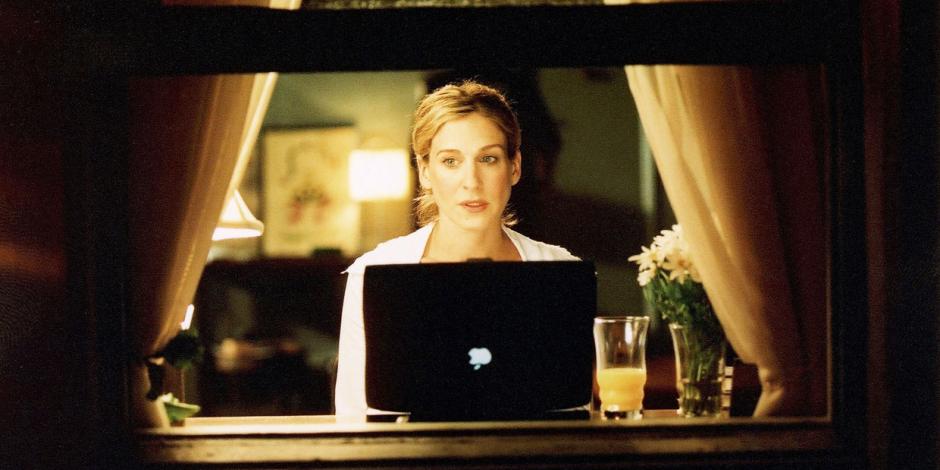One Sunday morning in the middle of the pandemic, alone with my laptop in my small, dark Manhattan apartment, I realized something: I am the Carrie Bradshaw of language. Like Sarah Jessica Parker’s character in the cult TV series Sex and the City, I, too, am a columnist, a diaristTagebuchschreiber(in)diarist of my chosen subject. Carrie Bradshaw observes and writes about the sex lives of her fellow New Yorkers; I observe and write about people’s lex lives. And while there’s less sex and less city in this pandemic, language is still an acceptable form of social intercoursegesellschaftlicher Umgangsocial intercourse. Sexuality in lockdown can be problematic, but lexicality is alive and well.
Word to go
lex: Here, “lex” is short for “lexicality,” which relates to the words or vocabulary of a language.
Look at all the Covid-19 words that are now so at home in our vocabularies; it seems they’ve always been there. Not just “pandemic,” “lockdown,” and “quarantine,” but also “face mask,” “face shieldVisiermaskeface shield,” and “superspreader” — to name just a few.
Words such as “disinfectantDesinfektionsmitteldisinfectant,” “hand sanitizerDesinfektionsmittelsanitizer,” and “vaccine” were, of course, familiar to us long before this particular coronavirus came along, but had never had such social relevance — perhaps because we’ve always taken them for to take sth. for grantedetw. als selbstverständlich erachtengranted.
Do words take on different meanings when their social relevance changes? Some everyday words — such as “grandparents,” “nursing home,” “ventilator,” “supermarket cashierKassierer(in)cashier” — have indeed taken on new, Covid-related associations. So have “postal worker” and “garbage collector.”
Will dictionaries include “essentialhier: systemrelevantessential worker” or “heroism” in their definitions of these jobs ten years from now? Will they define “toilet paper” as a valuable product worth hoarding in a global emergency? Will “small businesses” be defined by their vulnerabilityVerletzlichkeitvulnerability?
If those job definitions change, will our opinions of the jobs change, too? We’ve begun to think of supermarket cashiers, for example, in more heroic terms. But will that endure beyond this pandemic?
Do we influence lexicality, or does it influence us?
And if dictionaries do describe supermarket cashiers as “essential workers in emergencies,” will that permanently change the way we think about them? Will future generations of cashiers be paid more if their work is more highly valued? Will the social status of garbage collectors improve if the dictionary definitions also say how important they are?
Looking back on 2020, the Oxford English Dictionary says it’s unable to choose its “Word of the Year” because no single word fully reflects the events of the past 12 months. Instead, it has published a list of keywords and phrases, including Covid vocabulary, that, together, to conveyvermittelnconvey what this “unprecedented” year was like.
So, as I sit in my small, dark Manhattan apartment, three blocks away from where the fictional Carrie Bradshaw’s small, dark Manhattan apartment is supposed to be, I type my thoughts into my laptop as she types hers. And just as Carrie almost always does, I will end my column with a question, too: Do we influence lexicality, or does it influence us?
Neugierig auf mehr?
Dann nutzen Sie die Möglichkeit und stellen Sie sich Ihr optimales Abo ganz nach Ihren Wünschen zusammen.



